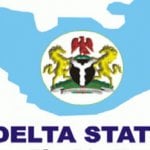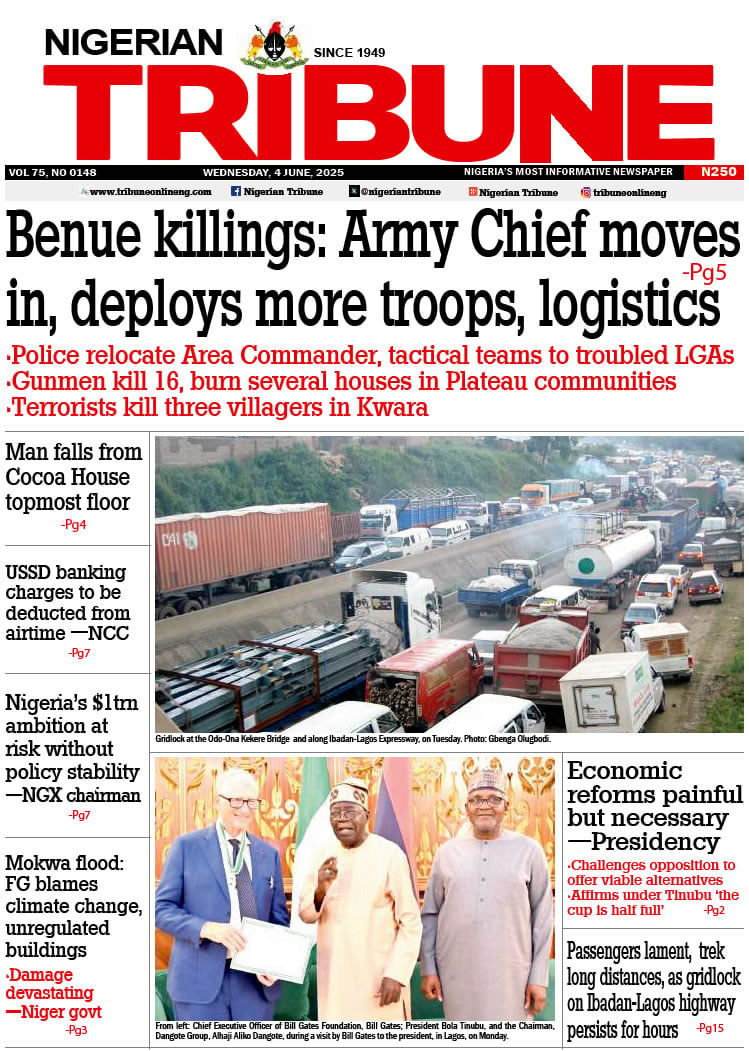I had an outstanding balance of N7, 000 to pay for the second term school fees for my son before reopening of schools for the third term after the first wave of the COVID-19 pandemic in 2020. The school fees for the third term is N20, 000; it was supposed to be N28, 000, but parents pleaded because of the lockdown and so it was reduced to N20, 000.
“Now that schools have reopened for the first term in the second wave of the pandemic, the school has refused to re-enroll him as it is asking us to pay the outstanding school fees. But we don’t have money now because I lost my job in 2020 owing to the COVID-19 lockdown,” a parent, Mr Anthony Okede, told Nigerian Tribune when asked why his child was not in school.
Emmanuel Okede, Okede’s son is one among the millions of children out there whose parents might not be able to pay their school fees to keep them in school because of the negative impact of the COVID-19 pandemic on their sources of income.
The World Bank and experts have equally raised the alarm over possible drop in school enrolment and school-attending children as a result of the negative and devastating impact of the COVID-19 pandemic.
As part of efforts to mitigate the impact of the COVID-19 on the education of Nigerian children, the Obafemi Awolowo Foundation recently organised a web seminar (Zoom webinar) on the global pandemic, with the theme. Impact of the COVID-19 Pandemic on Children’s Education.
The Executive Director, Obafemi Awolowo Foundation, Dr Tokunbo Awolowo Dosumu, speaking at the event, called on stakeholders to support the under privileged students to learn amidst the coronavirus pandemic.
She equally called on government at all levels not to exclude children from hard-to-reach areas in learning during the post-COVID-19 era.
According to her,“A report of a study that was done in 2001 shows that about 17 million children are in public schools; whereas less than two million are in private schools in Nigeria. These are the children that will determine the direction and the fate of this country.
“Therefore, it is in our best interest to look at them and see how they can be helped. There are children from homes that have no smartphones, no Internet connectivity, and no electricity most of the time, and whose parents will probably not be able to help them with online teaching,” Awolowo-Dosumu said.
Speaking in the same vein, Professor Banji Oyeyinka said COVID-19 had exacerbated the widening opportunity divide between the wealthiest and the poorest together with the increasing difficulty in attaining the anticipated income convergence.
His words: “According to the United Nations Educational, Scientific and Cultural Organisation (UNESCO), the COVID-19 pandemic has created the largest disruption of education systems in history, affecting nearly 1.6 billion learners in more than 190 countries and all continents. Closure of schools and other learning spaces have impacted 94 per cent of the world’s student population, up to 99 per cent in low and lower-middle income countries.
“The crisis is exacerbating pre-existing education disparities by reducing the opportunities for many of the most vulnerable children, youths, and adults–those living in poor or rural areas, girls, refugees, persons with disabilities, and forcibly displaced persons to continue their learning.”
YOU SHOULD NOT MISS THESE HEADLINES FROM NIGERIAN TRIBUNE
We Have Not Had Water Supply In Months ― Abeokuta Residents
In spite of the huge investment in the water sector by the government and international organisations, water scarcity has grown to become a perennial nightmare for residents of Abeokuta, the Ogun State capital. This report x-rays the lives and experiences of residents in getting clean, potable and affordable water amidst the surge of COVID-19 cases in the state.






